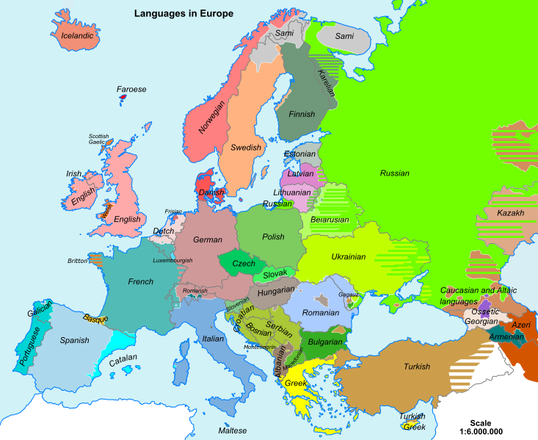When launching a business most people adopt a one-country approach. This helps understanding fast if the product or service offered will work. It is definitely a great way to go, however, in Europe, setting the intention of creating a multilingual and multi-cultural website for the get-go could be a winning strategy. Actually, new businesses in the EU should definitely go multilingual.
Europe is a melting pot of languages and cultures. For this reason the opportunity to reach more European customers increases with each language added. And for each Euro invested in localization and translation, you can be sure that the ROI will be high.
According to an article published on the Harvard Business Review, 72.1% of consumers spend most or all their time on websites in their own language.
In the EU there are 24 official languages. This means that there are 24 opportunities to reach new possible customers and users.
HOW TO GO MULTILINGUAL
Going multilingual takes time and effort. However, if it is done correctly, the business will benefit by becoming more customer-centric, relatable, and trust-worthy.
It is not easy to work on a multilingual project without the help of language professionals and cultural specialists. There are several factors to keep in mind that perhaps, someone not in the business, doesn’t realize. It is always advisable to ask for help. Doing so, you will ensure a high-quality work.
Steps to take:
- Define your goals – choose which languages you want to focus on at the beginning depending on your target audience, budget, and resources.
- Reconsider your product/service – based on the info gathered performing market research.
- Find the right partner that will help you step-by-step to find the perfect solution for the business.
At Webzlab we have a group of dedicated project managers that can help you taking the first step into this journey and finding the best approach to reach great results.

